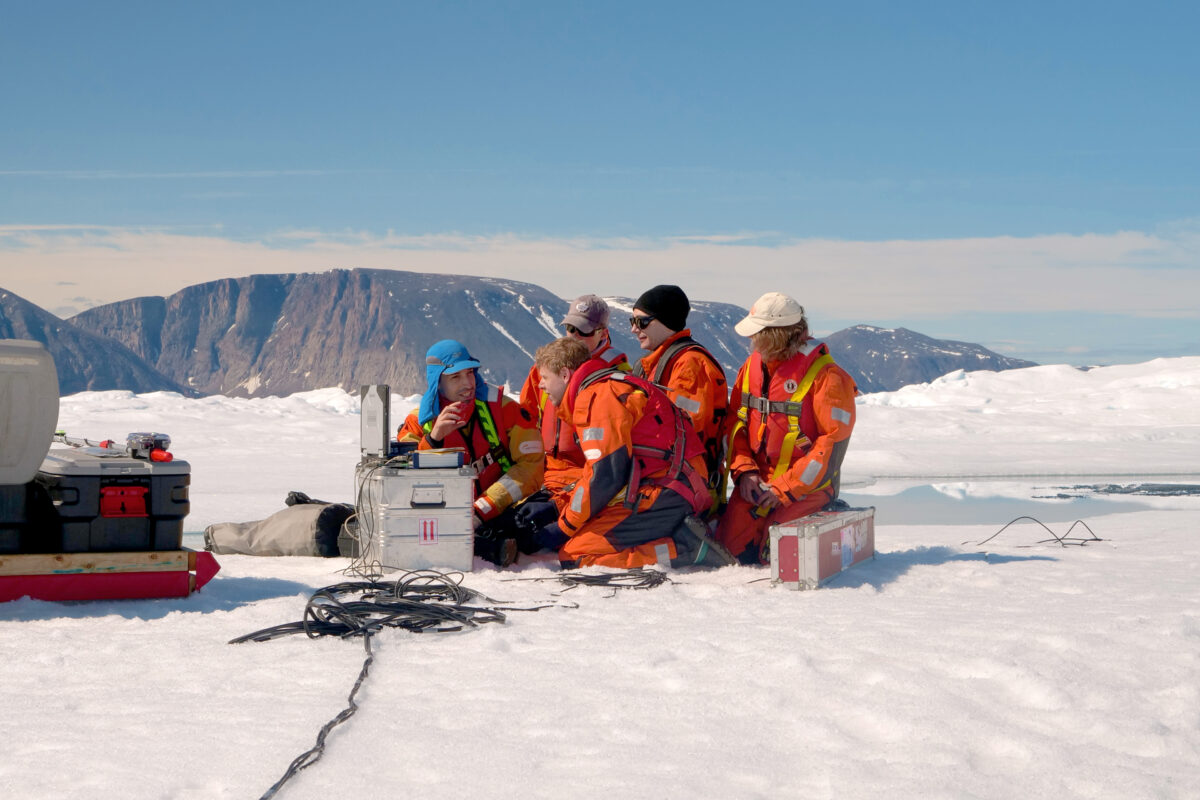
According to Domine, co-lead of the school, it is essential to study Arctic snow because of its unique physical properties and the valuable role it plays in the lives of those who live here.
Arctic snow is interesting, he says, because of how different it is from alpine snow, which has been studied across the world, especially over the past three decades.
“I’ll give you an example: if you’re in the Alps, there are about maybe 1.5 metres of snow and there’s dense snow at the bottom and light snow at the top because the weight of the snow compacts the lower layers,” Domine says. “In the Arctic, it’s the opposite: the light snow makes the base and the dense snow layers are at the top. This means the main snow processes are completely different.”
The problem, Domine says, is that almost all the scientists in the world rely on what has been known for alpine snow, and they apply it to Arctic snow. “But it just does not work.”
Domine says having an accurate understanding of Arctic snow will be essential for climate adaptation and mitigation measures in the region.
When building adaptable and resilient local infrastructure, for example, knowing the specific physical properties of Arctic snow will determine the success of such construction.
Along with its physical properties, snow in the Arctic is also unique in how closely it is tied to the Inuit way of life.
This is one of the many reasons why including Inuit knowledge and voices is essential to the work taking place at the snow school: it’s an opportunity to cross-pollinate ideas and collaborate on solutions for changing conditions in the region.
“Inuit are going to be able to exchange with the students how they view changes, how they understand the evolution of their environment and how they’re affected by it,” Domine said.
“It’s certainly not for us to tell people that live there how they should adapt. We’ve got to listen to them, exchange ideas and possibly bring assistance. But adaptation strategies have to come from them, hopefully through discussions with us.”




